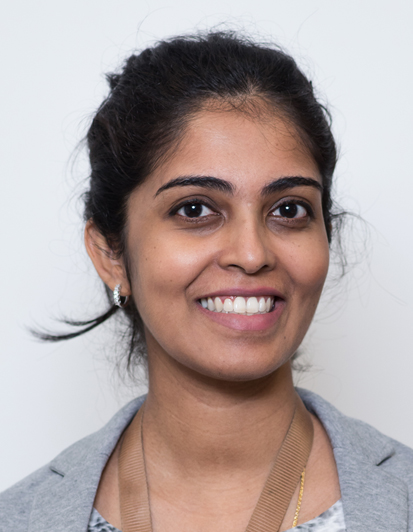In retrospect, would you still have chosen to do a PhD? Why?
Sometimes we may wonder what are the opportunity costs of doing a PhD. While we spend 4 to 5 years pursuing science, our peers are already earning and have begun to move up the ladders. So to make the process meaningful and less of an opportunity cost, we must think beyond graduate studies and consider where we hope to see ourselves after that. We have to evaluate if graduate studies would give us a significant advantage in the career choice we have envisioned for ourselves or if learning on the job may be a better plan. We could also consider if opportunities to pursue graduate studies may be available while working and if the new employer could sponsor it.
All of this information would help decide whether we should pursue graduate studies and when would be the best time. Given that I always had an interest in research and teaching pursuing graduate studies was the path that maximised my options in these areas. Perhaps then, if my interest was inclined towards administration, I may have started working before pursuing a relevant graduate course to better support my career choice. For now, no regrets!
How did your experiences as a graduate student shape and guide you in your current career?
Graduate school was no walk in the park. Science is unpredictable. Rejections and failures are common, but those experiences are honest, vital and they help us recognise and appreciate what doing science is truly about. With the support of good supervisors, peers and colleagues, we learn to ask the right questions and probe the relevant areas in our pursuit for an answer. So when I graduated, though I was well versed in my research topic, and was excited that I could contribute to the knowledge in that field, I realised that that was just one part of my graduate school experience – the smaller part.
The bigger part is truly how the graduate school experience moulds us over time. It helps us frame our thoughts and questions better and helps us in becoming more meticulous and methodical. The countless presentations and meetings that we conduct and sit through allow us to see what a good presentation may look like. And in these sessions, we learn to polish our public speaking and communication skills. As we move through graduate school, the students and colleagues we mentor and teach provide us with valuable insights into our own people management skills and a safe space to improve on those skill sets. Being at NUS allows us to meet and work with students from all walks of life, joining us in this journey.
Graduate School was undoubtedly a time to network too. It was valuable to have supervisors and colleagues who were willing to share their networks and invest in our development and connect us with individuals who could advise or point us in the right direction. The network I have gained and the skills that I have learnt or developed in graduate school are truly transferable no matter where I go, and that forms the more significant part of my learning journey at our graduate school.
But what made the entire process truly memorable and meaningful were the friendships born in graduate school. Today, we have moved on to different parts of the world and are pursuing different careers, but the friendships continue. Sharing that journey with peers who can relate to your challenges, frustrations and the joy that comes with the smallest wins really helps to preserve your sanity and continue moving on. Over time, you find a second family who understands you at a more personal level, making the journey a lot more meaningful and precious.
Together, my NUS graduate school journey has made me more adept and prepared me better for life after graduate school.
Name 2-3 things you wished you had been told when you started graduate school?
Have some clarity on what you want in life where a career is concerned. Speak to people on this if you are still unsure. Ask questions. Use the NUS open house opportunity to learn more from our huge network of past and present students and supervisors for honest opinions and takeaways.
Consider carefully which should come first, graduate school or working experience. Don’t take on graduate school because you are unsure what you want to do with life. Having the clarity will help you be more focused on the spaces you would want to invest your time in during graduate school to develop yourself and your resume to prepare you for the next big jump.

